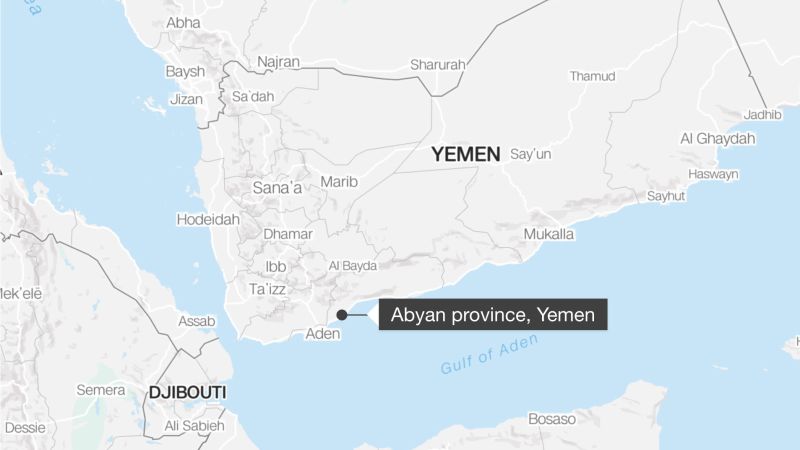A boat capsized in the Gulf of Aden off the southern coast of Yemen on Sunday, resulting in the deaths of 68 African migrants and leaving 74 others missing. The International Organization for Migration (IOM) confirmed the tragedy, which highlights the ongoing peril faced by migrants attempting to reach Gulf Arab nations in search of better opportunities.
The vessel, carrying 154 Ethiopian migrants, sank early on March 31, 2024, according to Abdusattor Esoev, the head of the IOM in Yemen. Of those on board, only 12 individuals survived the incident. The bodies of 54 migrants were found washed ashore in the Khanfar district, while an additional 14 deceased migrants were recovered and taken to a morgue in Zinjibar, the capital of Abyan Province.
In response to the significant loss of life, the Abyan security directorate initiated a large-scale search-and-rescue operation. Reports indicate that many bodies were scattered across a broad expanse of shoreline, underscoring the scale of the disaster. This incident marks one of several recent shipwrecks off Yemen, which have resulted in hundreds of fatalities among African migrants fleeing conflict and poverty.
Migrants often rely on smugglers to transport them via overcrowded and unsafe boats across the treacherous waters of the Red Sea and Gulf of Aden. Despite more than a decade of civil conflict in Yemen, the country continues to serve as a critical transit point for individuals from East Africa and the Horn of Africa hoping to reach wealthier Gulf states for work.
In recent months, the dangers associated with these journeys have become increasingly apparent. In March 2024, two migrants lost their lives, and 186 others were reported missing after four boats capsized off the coasts of Yemen and Djibouti. According to the IOM, over 60,000 migrants have arrived in Yemen so far this year, a decline from the 97,200 arrivals in 2023, likely attributed to intensified patrolling of maritime routes.
The continuous loss of life among migrants seeking safety and economic opportunities raises urgent questions about the humanitarian crisis unfolding in this region. As nations grapple with the challenges of migration and displacement, this latest tragedy serves as a somber reminder of the risks faced by those in search of a better future.
